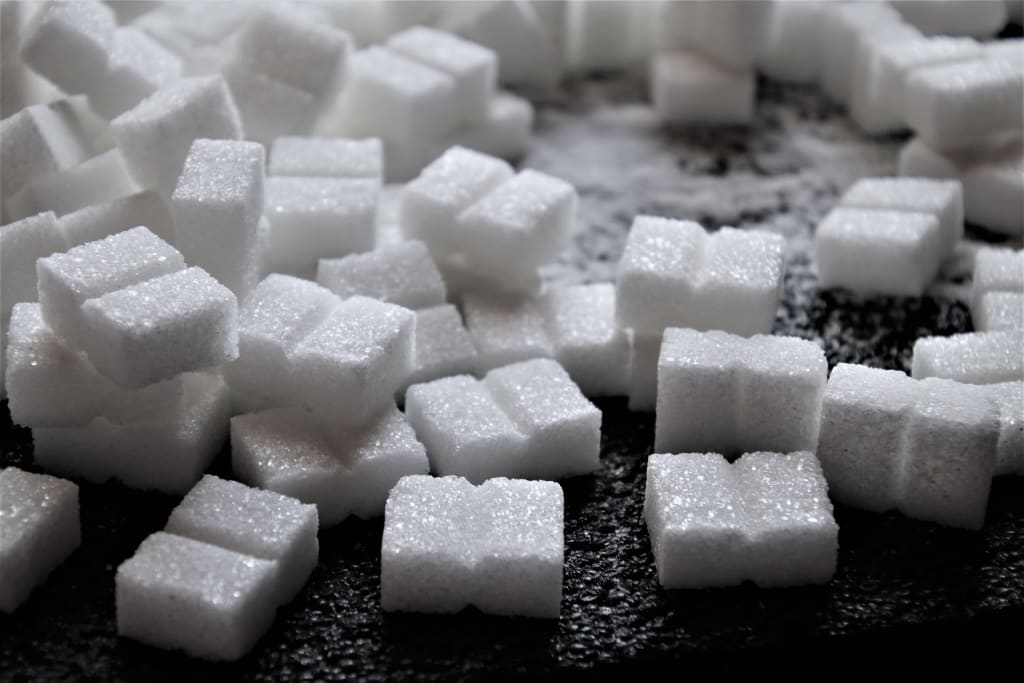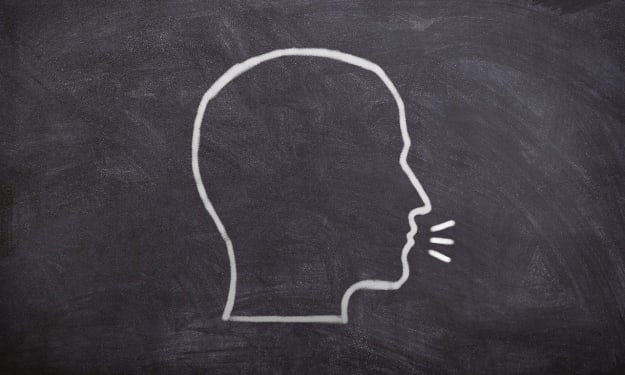Effect of Sugar on the Brain
Your brain and sugar

Think warm sweet cookies, crunchy candies, velvety cookies and ice cream-filled waffle cones. Is your mouth cold? In the mood for dessert? Why? What happens in the brain that makes it hard to resist sweet foods? Sugar is a general term used to describe a class of molecules called carbohydrates and is found in a variety of foods and beverages. Check the label of the sweets you buy. Glucose, fructose, sucrose, maltose, lactose, glucose and starch are all forms of sugar. So are high fructose corn syrup, fruit juice, raw sugar and honey. And sugar isn't just in candy and desserts, it's added to tomato sauce, yogurt, dried fruit, flavored water, or granola bars.
Because sugar is ubiquitous, it's important to understand how it affects your brain. What happens if sugar gets on your tongue? And does eating a little sugar make you crave more? You took a bite of cereal. Contains sugar and adds chronic sweet receptors. This receiver is a signal for the brain system and is divided into many areas of the fortress, one of which is the brain cortex. Different parts of the cerebral cortex process different tastes: bitter, salty, umami and, in our case, sweet. From there, the signal activates the brain's reward system.
This reward system is a series of electrical and chemical pathways that run through different areas of the brain. It's a complicated web, but it all boils down to a subconscious question. Should I do it again? That warm, cozy feeling you get when you taste your grandma's chocolate chip cookie? It's a reward system that says, "Well, yes!" And it's not just activated by food. Socialization, sexual behavior, and drugs are just a few examples of substances and experiences that activate the reward system.
However, over-activation of this reward system results in a number of negative events such as loss of control, increased cravings and sugar tolerance. Let's get back to a mouthful of cornflakes. It travels to the stomach and eventually to the intestine. And guess what? There are also sugar receptors here. They do not taste the papillae, but I send a signal that you need to produce insulin to completely combat your brain or to combat your body. The main currency of our premiere system is dopamine, important chemical or neurotransmitters.
There are many dopamine receptors in the forebrain, but they are not evenly distributed. Some areas have dense clusters of receptors, and these dopamine hot spots are part of the reward system. Drugs like alcohol, nicotine, or heroin release dopamine in excess, causing some people to constantly seek a high, in other words, to become addicted. Sugar also causes the release of dopamine, but not as strongly as drugs. And sugar is one of the few foods that triggers dopamine. Broccoli, for example, is ineffective, which explains why it's so hard for kids to eat vegetables. Speaking of healthy eating, let's say you're hungry and decide to eat a balanced meal. Dopamine levels then rise in hot spots in the reward system. However, eating the same food for several days in a row reduces dopamine levels and eventually settles. After all, when it comes to food, the brain has evolved to pay special attention to novel or different tastes. why? Two reasons: First, to identify spoiled food. Second, the more varied your diet is, the more likely you are to get all the nutrients you need. To maintain this variety, you must be able to recognize new foods and, more importantly, want to try them. So when you're hungry, dopamine drops.
Now let's get back to that table. What happens if you eat sweets instead of a healthy and balanced diet? Eating too little or too much sugar at a time has a similar effect to a well-balanced diet. However, overeating does not decrease the dopamine response. In other words, eating a lot of sugar makes you feel good. So sugar acts a bit like a drug. This is one of the reasons why people become addicted to sugary foods. So remember all types of sugar. Everyone is unique, but every time you consume sugar, it creates a domino effect that creates beneficial sensations in your brain. Too much, too often, and things can get overwhelming. Yes, too much sugar can poison your brain, but sometimes a piece of cake doesn't hurt.
About the Creator
Enjoyed the story? Support the Creator.
Subscribe for free to receive all their stories in your feed. You could also pledge your support or give them a one-off tip, letting them know you appreciate their work.






Comments
There are no comments for this story
Be the first to respond and start the conversation.